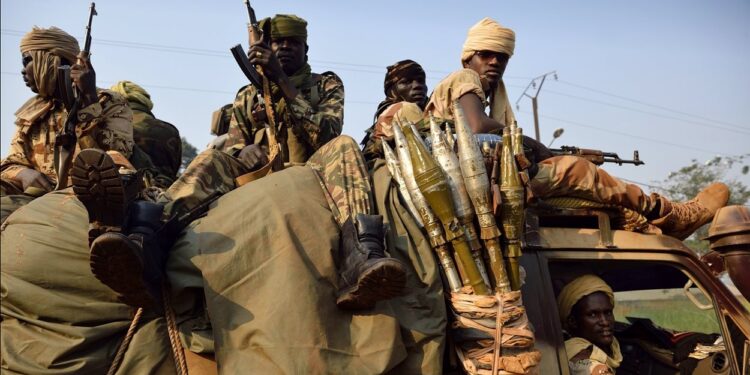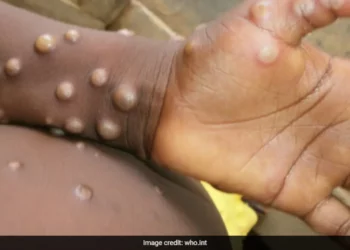By Enyichukwu Enemanna
The Economic Community of West African States (ECOWAS) says no fewer than 20 million persons from countries in the subregion are in need of humanitarian assistance, attributing it to terror attacks, political instability and other forms of insecurity in countries making up the ECOWAS bloc.
According to the bloc, three million of those affected by humanitarian crisis are languishing in Internally displaced persons camps (IDPs) with poor health and welfare facilities.
Emergency situations arising from health, insecurity and climate change disasters are also having a great impact on the effort to realise the goal of economic and social integration with the region, President of ECOWAS, Omar Alieu said in his address at the 25th Ordinary Session of the Assembly of the Health Ministers of ECOWAS in Abuja.
Heritage Times HT recalls that countries in the subregion have in over a decade battled violent extremism from terror organizations such as Boko Haram, Islamic State in the Greater Sahara (ISGS), Islamic State in the West African Province (ISWAP) and others.
READ ALSO: US Forces To Finalize Pullout From Niger By September 15
Nigeria, Niger, Mali, Chad, Burkina Faso and northern region of Cameroon have been most affected by terror attacks operating across borders.
Lack of cooperation among countries has been blamed for the Indiscriminate attacks launched by these terror groups on government forces and civilians
“As you are all aware, our region is currently facing numerous challenges including poverty, insecurity, political instability all of which has resulted in migration, displacement of persons and communities.
“Indeed in the ECOWAS region, it is estimated that more than 20 million people need humanitarian aid out of which more than 3 million are internally displaced persons. This is caused mainly by the activities of terrorist groups and political instability,” Trouray stated.
According to the ECOWAS chief, the fundamental objectives of ECOWAS is not only to build an economic community of its member states but to improve the living standards of the citizens. He noted that certain factors have limited the attainment of the set goal of ECOWAS.
He argued that during the outbreak of COVID-19, the solidarity of the community was put to test, emphasizing that the resultant travel restrictions and closure of some borders tended to curtail the commercial and social activities within the sub-region.
He said the ministers of Health from the region rose to the occasion and were able to arrest the situation and bring it under control.
“This is clear evidence that health insecurity can compromise every effort of ECOWAS to ensure free movement of persons thereby jeopardizing the whole essence of regional integration. In addition the collective pursuit of health is necessary for a healthy population as well as productivity and consumption and by extension – wealth creation, ” he said.
Alieu said that it was for this reason that the leaders of the subregion decided to establish the West African Health Organisation (WAHO) to help deal with health issues and to play an instrumental role in the regional integration scheme.
While welcoming the Health ministers from the ECOWAS subregion, Nigeria’s Coordinating Minister of Health and Social Welfare, Prof. Muhammad Pate, said the subregion is currently faced with healthcare challenges that needed to be addressed in order to ensure the well-being of the citizens.
He listed health challenges facing the subregion, to include; poor reproductive, maternal and child health indices.
He also said that the region still bore the burden of rising cases of non-communicable diseases such as diabetes, hypertension and cancer.



































